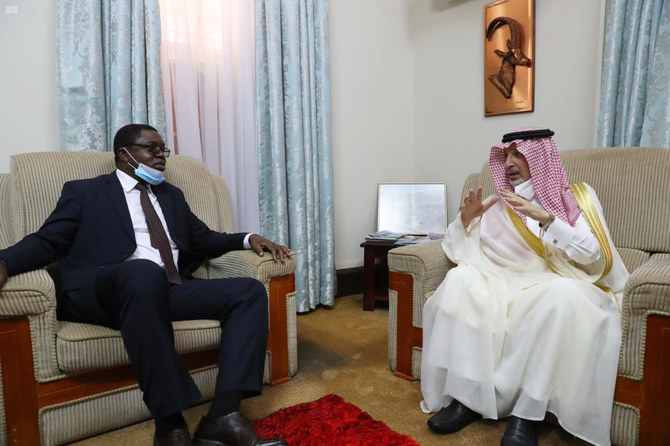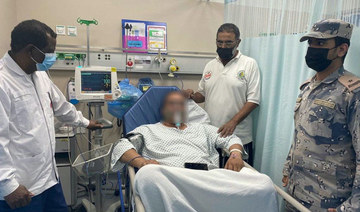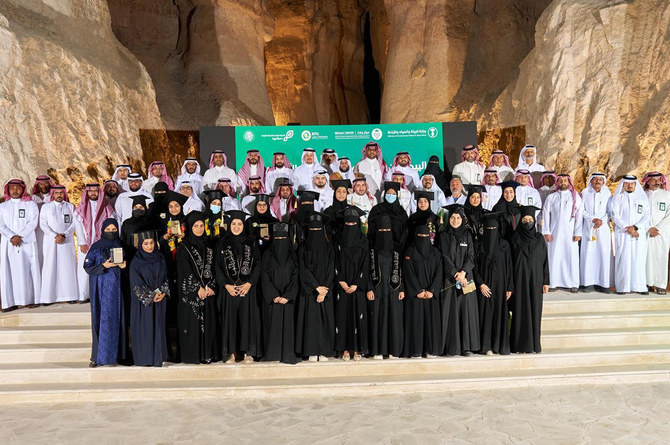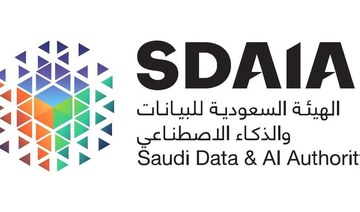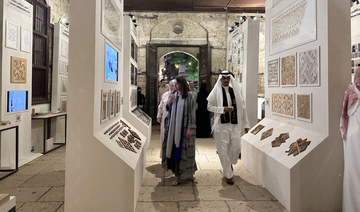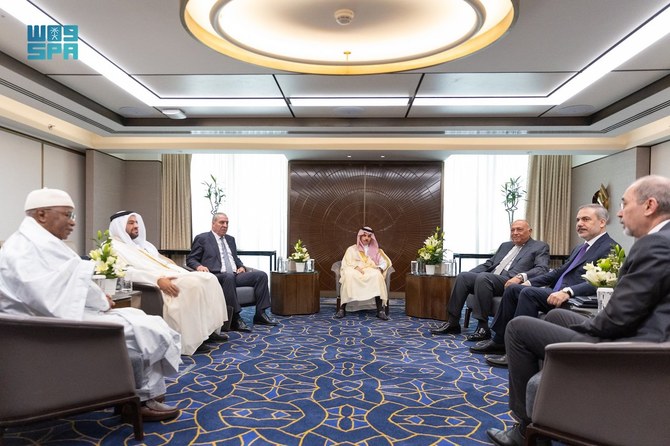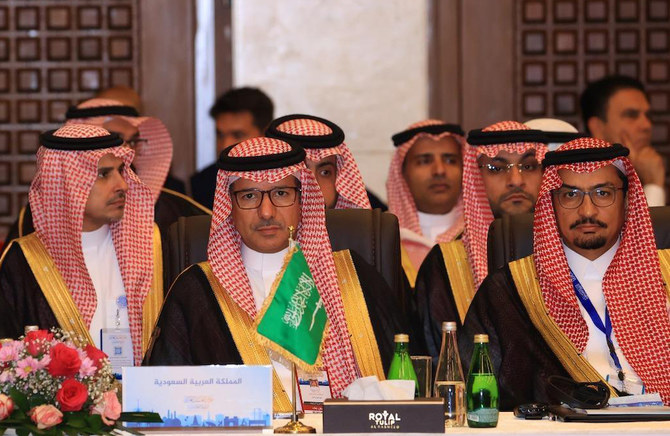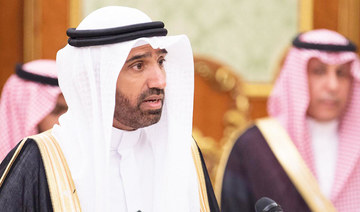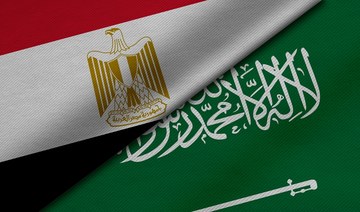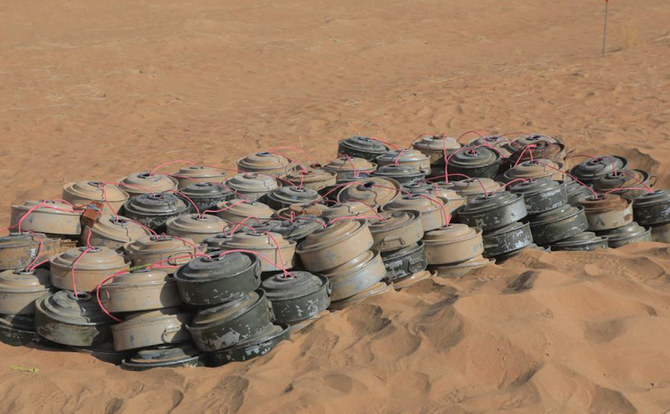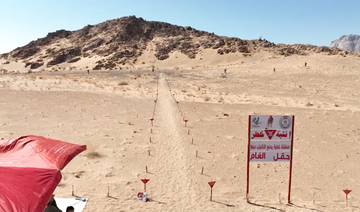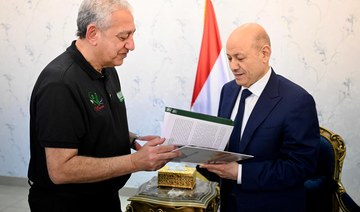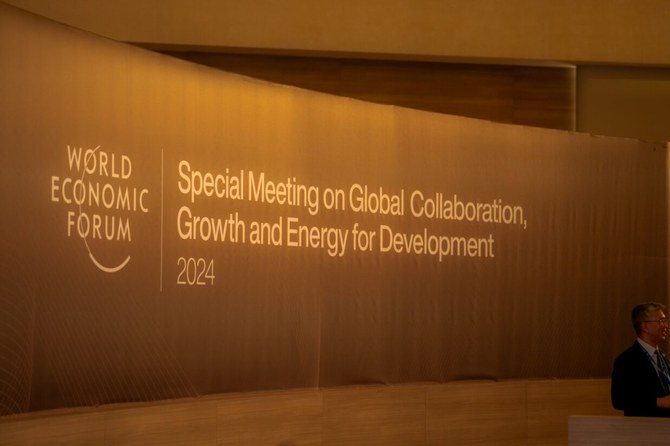RIYADH: Geopolitical threats such as the conflicts in Gaza and Ukraine pose the greatest risk to the global economy, Saudi Arabia’s finance minister has said.
Speaking in a panel discussion during the special two-day World Economic Forum meeting in Riyadh, Mohammed Al-Jadaan warned that the knock-on effects of conflict are “directly impacting economies.”
He said: “Geopolitical threats, which unfortunately are increasing instead of decreasing, are possibly the number one risk today if you look at the global economy at large. Geopolitical tensions bring other things that are directly impacting economies.”
Conflicts in Gaza, Ukraine and elsewhere “put a lot of pressure on economic emotion,” he added, describing economies as being “impacted by sentiments.”
Al-Jadaan said: “It is very unfortunate to see loss of lives. Civilian lives are important whether in Ukraine, or in Palestine.
“Cool-headed countries and leaders need to prevail; you need to make sure you deescalate.”
The Kingdom has exerted significant efforts in recent years to deescalate tensions in the Middle East, he added, describing the strategy as a “specific objective” of Saudi Arabia.
“The region needs to focus on its people, its growth and its economy, rather than focus on politics and conflict.”
The conflict in Gaza, which began following the Hamas-led assault on southern Israel on Oct. 7 last year, has resulted in the deaths of almost 35,000 Palestinians, mostly women and children.
Palestinian President Mahmoud Abbas, who took part in a separate panel at the meeting, said that “110,000 people have been killed or wounded in Gaza since Oct. 7 ” and that “75 percent of the territory” in the enclave has been destroyed by devastating Israeli military action.
“What happened in Gaza has not happened in Germany and other European countries during the Second World War,” he said, adding: “The fighting in Gaza must stop immediately and we warn against any plans for displacement.”
The Saudi finance minister warned that “geopolitical maneuvering,” including “fragmentation, protectionism and using the economy as a serious tool to achieve objectives in terms of limitations on trade and technology” could have adverse effects on global economic health.
“Policymakers need to be agile in dealing with these,” Al-Jadaan said.
Kristalina Georgieva, the managing director of the International Monetary Fund, described fragmentation in the world economy as “certainly bad for the prospect of growth.”
In the meeting’s opening panel, she said: “The immediate priorities for countries are to get inflation rates within targets; focus on rebuilding fiscal buffers and find ways to cooperate more.
In his comments to the panel, Al-Jadaan said: “In economic planning, it is OK to change … to adjust on new circumstances. And that to me is the advice I would give to everyone. You need a long-term plan, like Saudi Vision 2030, and doubling down on the implementation, but also you need to make sure you adjust.
“In the longer term, regardless of what is happening today, you need to focus on your own people, your human capital. This is the longer term play that is critical.
“I can say this: Saudi Arabia and the region has the means to do it, but there are a lot of countries who will find it difficult to provide quality education and quality healthcare for their people,” he said.
About 1,000 officials, experts and thought leaders from 92 countries are in Riyadh for the World Economic Forum’s Special Meeting on Global Collaboration, Growth and Energy for Development.
The event aims to “promote forward-thinking approaches to interconnected crises, while remaining realistic about shorter-term trade-offs” and “work to bridge the growing North-South divide on issues such as emerging economic policies, the energy transition and geopolitical shocks.”



